Iran – giving diplomacy a chance
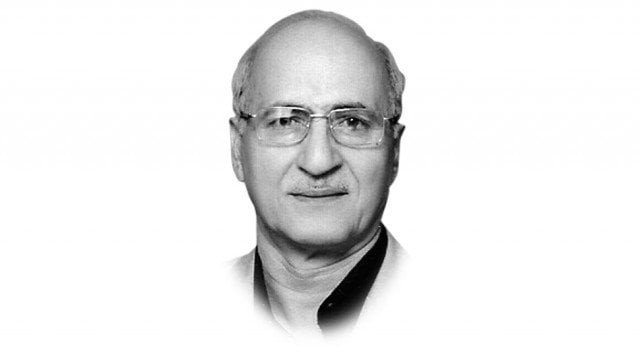
Iran – giving diplomacy a chance
It would be reasonable to assume that Washington’s task of convincing Russia and China about the timing was made easier by Tehran’s public insistence that the nuclear swap would not lead to suspension of its uranium enrichment activities. All that Ambassador Susan Rice needed was to fine tune the maximum scope of the fourth round of sanctions against Iran. That exercise was completed by June 8, clearing the way for a vote the following day with all permanent members voting for the text. Sanctions on Iran’s energy sector will therefore remain in the realm of restrictions imposed by the US or its close allies outside the UN framework. Yet the latest UN sanctions will lead to Iran’s isolation by curbs on its banking, insurance, navigation and an expanded arms embargo. Earlier Security Council sanctions blocked trade of sensitive nuclear materials, froze financial assets of those involved in Iran’s nuclear activities and banned Iran’s arms exports.
A significant objective of the new sanctions is to obstruct international activities of companies owned by the Revolutionary Guards, President Ahmadinejad’s crucial allies, who have organised a business empire of their own including stakes in the nuclear field. Some media reports suggest that sanctions targeting the Guards may be circumvented by using “front” companies. At the other end of the spectrum, the US is working hard to expand its own measures against Iran, and seek greater cooperation of its allies to tighten the screw on oil and gas investments which are not covered by the Security Council’s resolutions.
By pushing through tougher sanctions on Iran, the West has succeeded in raising the stakes for Iran’s pursuit of uranium enrichment. Iran is at liberty to compare UNSC Resolution 1929 to a used handkerchief. The onus of its implementation is not on Iran but on the others including its friends. Sadly for them, the spiral of Iran-US confrontation keeps getting higher with increased risk of another conflict in west Asia. A non-alarmist reading of the situation is not out of place either because all those who voted for or against the resolution insist that they still prefer engaging Iran for a negotiated solution. Iran is understandably ready to retaliate, implying that the Gulf would go up in flames. There is an urgent need to use the space provided by Russia, China and middle powers like Brazil and Turkey to give diplomacy a fair chance in preventing another war in the region.
Published in the Express Tribune, June 14th, 2010.

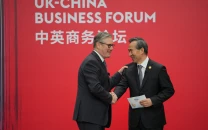
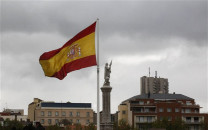

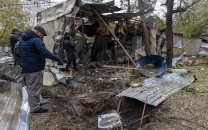

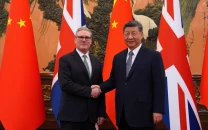












COMMENTS
Comments are moderated and generally will be posted if they are on-topic and not abusive.
For more information, please see our Comments FAQ